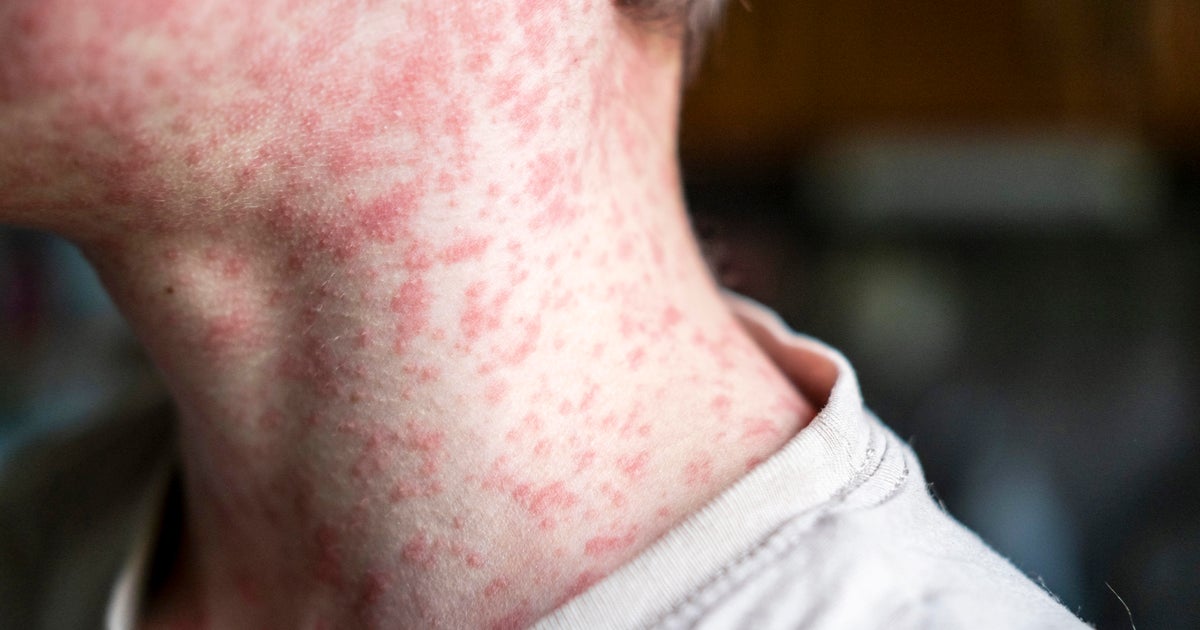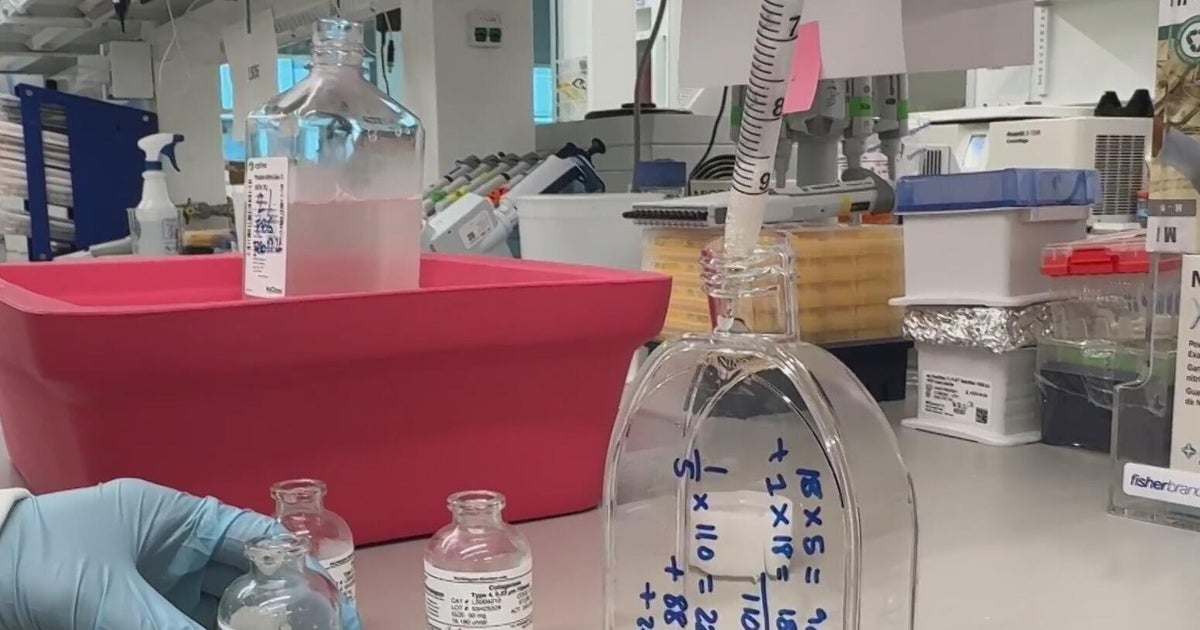At least 59,000 meat workers caught COVID and 269 died, report says
At least 59,000 meatpacking workers became ill with COVID-19 and 269 workers died when the virus tore through the industry in 2020. Those numbers are about three times higher than previously thought, according to a new U.S. House report released Wednesday.
With workers standing shoulder-to-shoulder along production lines, the meatpacking industry was one of the early epicenters of the coronavirus pandemic. Companies could have done more to protect their workers, according to the U.S. House Select Subcommittee on the Coronavirus Crisis, which used internal documents from five of the biggest meatpacking companies for its report.
The new estimate of infections in the industry is far higher than the 22,400 that the United Food and Commercial Workers Union has said were infected. And the true number of infections could be even higher because the company documents typically don't account for coronavirus cases confirmed by outside testing or self-reported by employees.
Food system workers, who aren't able to do their jobs remotely, were disproportionately hit by COVID-19 early in the pandemic. A study of working-age adults in California published in June found that the food and agriculture sector had the highest rates of death from COVID-19. Another study published in the journal Food Policy earlier this year concluded that the presence of a beef or pork processing facility more than doubled a U.S. county's per capita coronavirus infection rates.
"Instead of addressing the clear indications that workers were contracting the coronavirus at alarming rates due to conditions in meatpacking facilities, meatpacking companies prioritized profits and production over worker safety, continuing to employ practices that led to crowded facilities in which the virus spread easily," the report said.
At the height of the outbreaks last spring, U.S. meatpacking production fell to about 60% of normal levels as several major plants were forced to temporarily close for deep cleaning and safety upgrades or operated at slower speeds because of worker shortages.
The report said companies were slow to take protective steps such as checking employee temperatures, distributing protective equipment such as masks and installing barriers between work stations.
One document found that workers at one Tyson plant wore masks "saturated" from sweat or other fluids and who either weren't socially distanced or had only "flimsy" plastic bags separating them. About half of the plant's workers contracted the virus, and five workers died from COVID, the report said.
Cargill: "We've worked hard"
The North American Meat Institute trade group defended the industry's response to the pandemic.
"Frontline meat and poultry workers were among the first impacted by the pandemic, but publicly available data confirm that comprehensive measures implemented in the sector since spring 2020, including extensive infection prevention and vaccination efforts, have successfully protected the sector's dedicated and diverse workforce as they have continued feeding Americans and keeping our economy working," said Julie Anna Potts, president and CEO of the trade group.
The report is based on documents from JBS, Tyson Foods, Smithfield Foods, Cargill and National Beef. Together they control over 80% of the U.S. beef market and over 60% of the pork market nationwide.
Cargill, Tyson and JBS released statements Wednesday saying they worked aggressively to meet federal health and safety standards for the coronavirus and took additional measures to protect their employees, such as conducting widespread testing during the height of the pandemic and urging employees to get vaccinated.
"Throughout the pandemic, we've worked hard to maintain safe and consistent operations. At the same time, we have not hesitated to temporarily idle or reduce capacity at processing plants when we determined it necessary to do so," Cargill spokesman Daniel Sullivan said.
Regrets
The companies expressed regret at the toll the virus has taken.
"Even one illness or loss of life to COVID-19 is one too many, which is why we've taken progressive action from the start of the pandemic to protect the health and safety of our workers, including extensive testing and a vaccine requirement that has led to over 96% of our U.S. workforce being vaccinated," Tyson spokesman Gary Mickelson said.
According to the report, infection rates were especially high at some meatpacking plants. For instance, 54% of the workforce at a JBS plant in Hyrum, Utah, contracted the virus between March 2020 and February 2021. And 44% of employees at National Beef's plant in Tama, Iowa, caught COVID-19 from April 2020 to February 2021.



